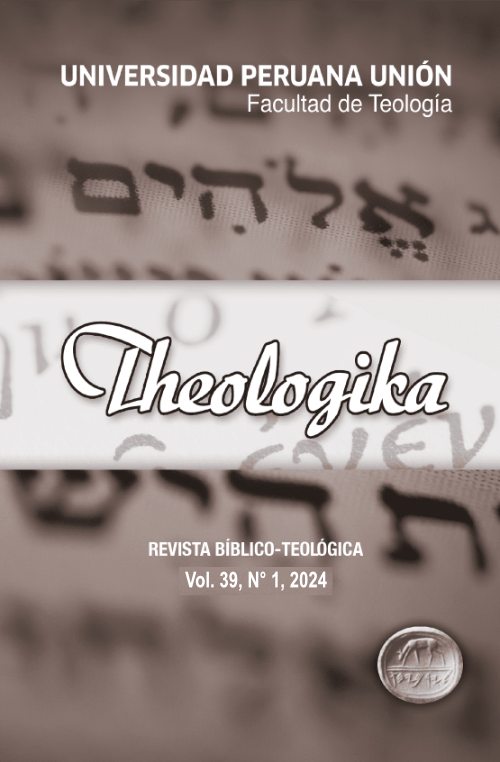Revisando algunas tendencias teológicas e intelectuales contemporáneas
DOI:
https://doi.org/10.17162/rt.v38i2.2101Keywords:
Nuevo ateismo, tradición patrística, universalismo, aniquilacionismo, espiritualidad modernaAbstract
Este artículo examina las tendencias teológicas e intelectuales contemporáneas que desafían la percepción de la religión, especialmente en el contexto cristiano. Explora ataques recientes al carácter de Dios y la religión por parte de figuras prominentes como Richard Dawkins y Sam Harris, que utilizan argumentos de la ciencia y el neoteísmo para criticar la fe religiosa. El artículo también analiza el resurgimiento del interés por las interpretaciones patrísticas de las Escrituras, el debate sobre la doctrina del infierno, la creciente defensa del universalismo, y el atractivo del catolicismo romano para algunos evangélicos. Finalmente, aborda la espiritualidad moderna como una búsqueda de experiencias trascendentales, destacando la importancia de una representación auténtica del carácter de Dios frente a un mundo relativista.
Downloads
Published
Issue
Section
License
Copyright (c) 2024 Jiří Moskala

This work is licensed under a Creative Commons Attribution-NonCommercial 4.0 International License.
- The authors retain their copyright but assign to the journal the right of the first publication, with the work registered under the Creative Commons attribution non commercial (CC BY NC) license, which allows third parties to use the published information for non commercial purposes as long as they mention the authorship of the work and that it was first published in this journal.
- Authors may make other independent or additional contractual arrangements for non-exclusive distribution of the version of the article published in this journal (eg, include it in an institutional repository or publish it in a book) as long as it clearly indicates that the work was first published in this journal.
- Authors are encouraged and advised to publish their work on the Internet (for example, on institutional or personal pages) before and during the review and publication process, as it can lead to productive exchanges and a greater and faster dissemination of the published work (see The Effect of Open Access).





